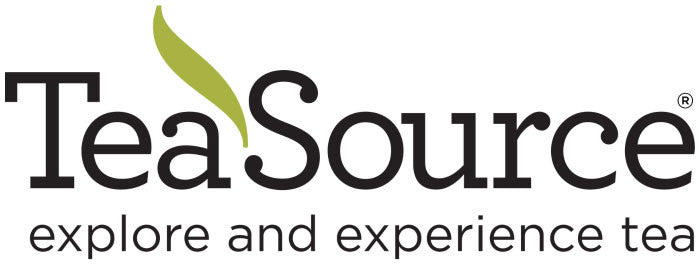The tea plant is native to India, but the Indian tea industry began when thousands of tea seeds were smuggled out of China in the 1840’s. Today, India is the second largest tea producer in the world (still trailing China). There are four officially-designated “traditional” tea growing regions in India – Darjeeling, Assam, Nilgri, Kangra, and one officially-designated “non-traditional” tea growing region – Bihar.  Last spring I spent three weeks wandering around northern and eastern India, searching for great teas. This is the fun part of my job.
Last spring I spent three weeks wandering around northern and eastern India, searching for great teas. This is the fun part of my job.  Firing ovens at the Doke Tea Estate
Firing ovens at the Doke Tea Estate
I had the honor of visiting one of the smallest tea gardens in India: the Doke Tea Estate in Bihar. There I was able to taste hand-made teas which were just a couple of days off the bush. [caption id="attachment_828" align="aligncenter" width="604"] Family and friends of Rajiv Lochan plucking tea leaves
Family and friends of Rajiv Lochan plucking tea leaves
The Doke Tea Estate is one of the newest and smallest tea gardens in India. Begun 26 years ago by Rajiv Lochan (a life-long tea expert, who managed many of Darjeeling’s most famous tea estates), Doke began with just 25 acres on the banks of the Doke River in the state of Bihar. All the teas are hand-processed in very small batches, supervised by Rajiv’s daughter, Dolly Lochan, using family and local villagers to help.  Dolly Lochan (right) processing tea leaves with fellow family members
Dolly Lochan (right) processing tea leaves with fellow family members
TeaSource is proud to offer the hand processed Black Fusion and Green Diamond from the Doke Tea Estate in our stores and on our website. Driven by passion and a generation-spanning love of tea, this tea estate is producing some of the most unique and special teas coming out of India. We look forward to welcoming more of these teas at TeaSource! -Bill Waddington Owner, TeaSource



Comments
[…] who knows a lot more than I do, i.e. a tea master. This past week I had the chance to work with Rajiv Gupta (founder of Lochan Teas) in presenting almost four hours of workshops digging deep into that […]